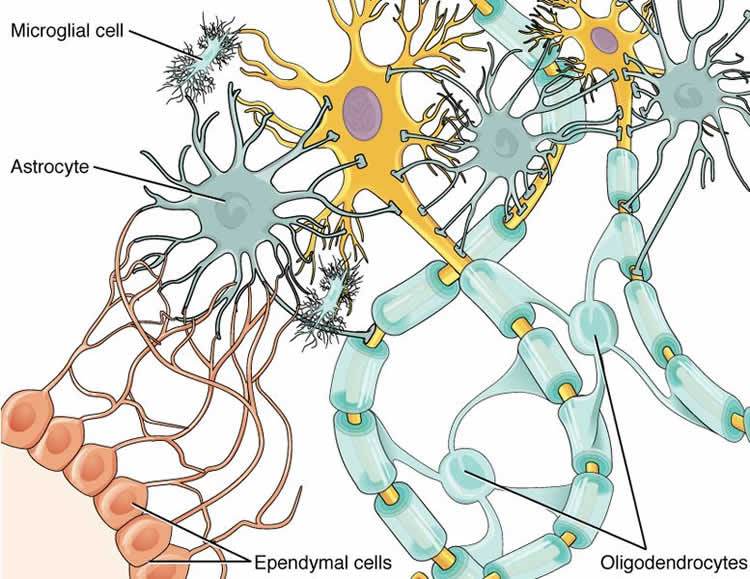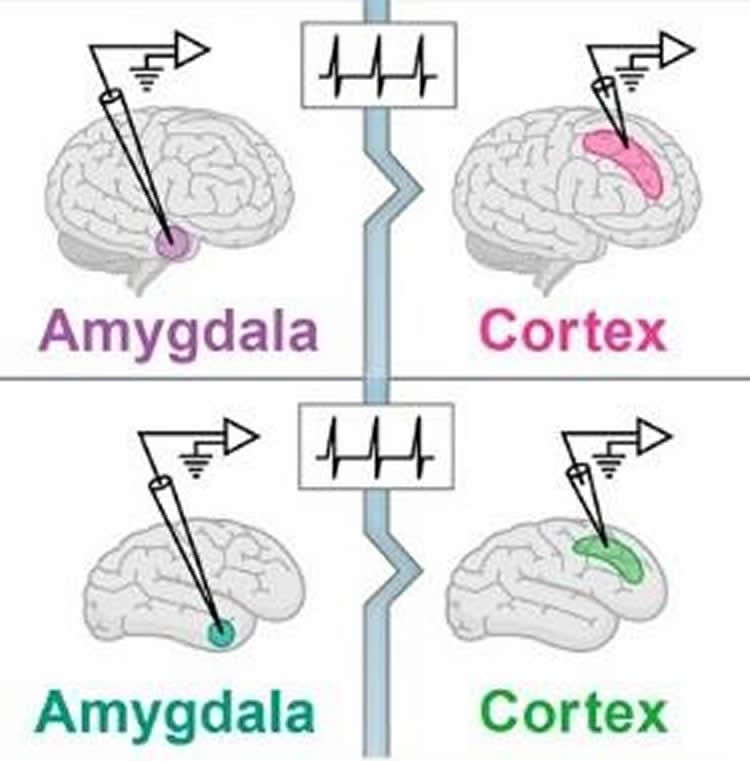A new study from the University of Copenhagen shows that genetic defects may damage the supporting cells of the brain – the glial cells – which may lead to a number of brain disorders, including schizophrenia. The study is based on ground-breaking tests with mice whose brains were colonized with human glial cells. When the brain is formed in the embryonic stage, this happens partly according to a recipe from a particular type of stem cells – the progenitor cells. They develop into brain support cells, called glial cells, which…
Read MoreCategory: Brain
Changes in Brain Regions May Explain Why Some Prefer Certainty and Order
Why do some people prefer stable, predictable lives while others prefer frequent changes? Why do some people make rational decisions and others, impulsive and reckless ones? UCLA behavioral neuroscientists have identified changes in two brain regions that may hold answers to these questions. The research — reported by Alicia Izquierdo, UCLA associate professor of psychology and a member of UCLA’s Brain Research Institute, and her psychology graduate student, Alexandra Stolyarova — is published today in the open-access online science journal eLife. The new experiments, which involved studying the orbitofrontal cortex and…
Read MoreTobacco Use in Adolescence Tied to Paranoia, Due Largely to Shared Genetic Influences
Paranoia is associated with regular tobacco smoking in adolescents after accounting for other factors like cannabis use, sleep disturbances and stressful life events, reports a study recently published to the Journal of the American Academy of Child and Adolescent Psychiatry (JAACAP). The study also provides novel insights about the underlying causes of the association. The authors found that the co-occurrence of paranoia with tobacco use was largely explained by genetic influences. Similar results for other types of psychotic experiences were also reported, including having hallucinations and disorganized thinking, which were also associated…
Read MoreChild’s Age at Parental Divorce Can Affect Antidepressant Use as Adults
Divorce has become increasingly common in recent decades, not just in Norway. Married couples currently have 40% chance of divorce. More adults are living in partnerships even when they have children, and these unions are less stable than marriages. Consequently, many children experience parental separation. Despite much research, little is known about their well-being. A recent study from the Centre for Fertility and Health demonstrates that children’s age when their parents divorce has implications for their chance of suffering from depression as adults. “We could demonstrate that children whose parents…
Read MoreAll Too Human: The Price We Pay for Our Advanced Brains May Be a Greater Tendency to Disorders
Prof. Rony Paz of the Weizmann Institute of Science suggests that our brains are like modern washing machines – evolved to have the latest sophisticated programming, but more vulnerable to breakdown and prone to develop costly disorders. He and a group of researchers recently conducted experiments comparing the efficiency of the neural code in non-human and human primates, and found that as the neural code gets more efficient, the robustness that prevents errors is reduced. Their findings, which recently appeared in Cell,may help to explain why disorders as ADHD, anxiety, depression,…
Read More




